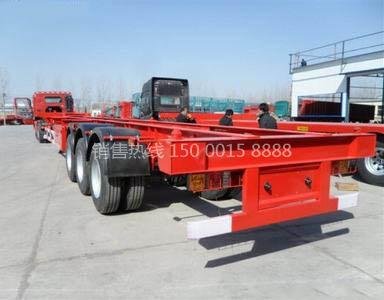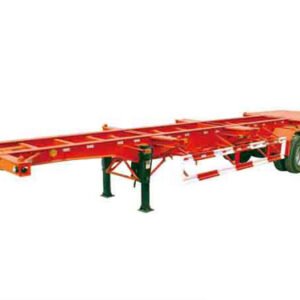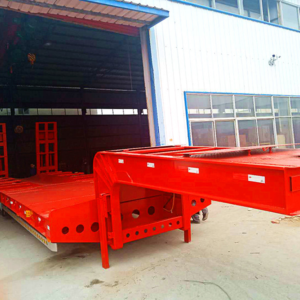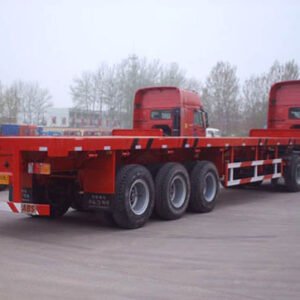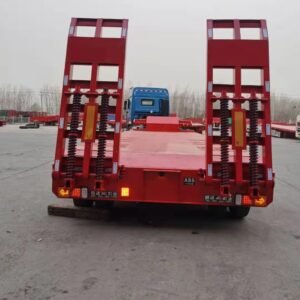Description
A “Skeleton Semi-trailer” is a type of semi-trailer that features a minimal structure, typically consisting of a chassis with minimal sides or a roof. It is designed to provide a stable and secure platform for transporting a wide range of cargo, including containers, bulk materials, or oversize loads.

